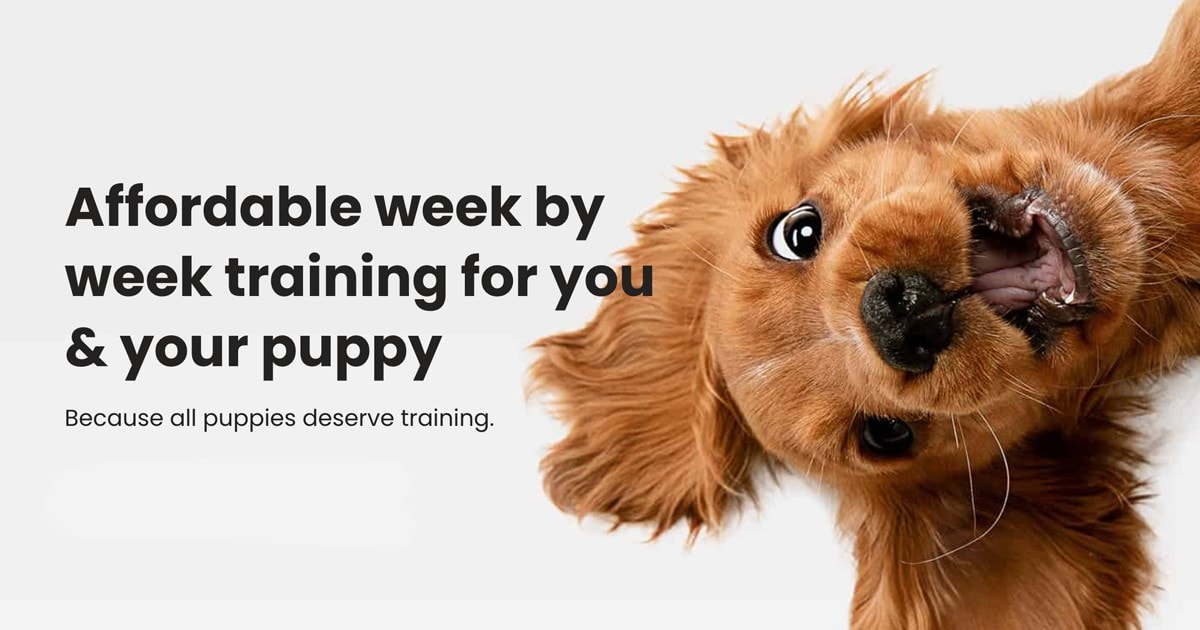
In recent years, pet owners have felt the financial squeeze as the cost of caring for their furry companions, particularly in terms of feeding them, has risen considerably. As of 2024, cat food prices have continued to rise, prompting concerns and frustrations among cat parents. The escalating costs have been attributed to various factors, including the economic environment. Below, we’ll delve into the reasons why cat food is expensive in 2024 and explore the role of inflation in these rising prices.
Why is cat food expensive in 2024?
The surge in cat food prices can be attributed to a variety of factors, yet central to this phenomenon is the significant rise in producer costs. Over the years leading up to 2024, the pet food producer price index (PPI) — which tracks the average change over time in the selling prices received by domestic producers for their output — has climbed dramatically. As of January, the pet food PPI had risen by 28.4% compared to January 2021, and an even more striking 30.7% from January 2019. This persistent high level of producer prices has a direct impact on retail prices, making cat food increasingly expensive for the average pet owner.
Different subcategories of cat food have experienced varying degrees of price increases. For example, dry and semi-moist cat food has seen a 5.6% year-over-year increase in January, with prices surging by 32% and 33.2% higher than in January 2021 and January 2019, respectively — per Petfood Industry. These figures starkly illustrate the financial pressures facing cat food producers and, by extension, cat owners.
Is cat food expensive because of inflation?
Inflation plays a crucial role in the rising prices of cat food, but it’s not the sole factor. While the general inflation rate has tempered from its peak in 2022, its effects continue to linger, impacting a wide variety of products, including pet food. The steady yet persistent increase in the cost of raw materials, production, and logistics, compounded by inflationary pressures, has made cat food much more expensive.
However, it’s not just inflation and production costs driving prices up. Seasonal trends and historical data suggest that prices for pet food, including cat food, tend to rise in the spring months. Though the increases may be small, they contribute to the overall trend of rising costs. Furthermore — according to John Gibbons of Pet Business Professor — producer costs rarely decrease, with a drop in the annual PPI for dog and cat food happening only once in the past decade.






